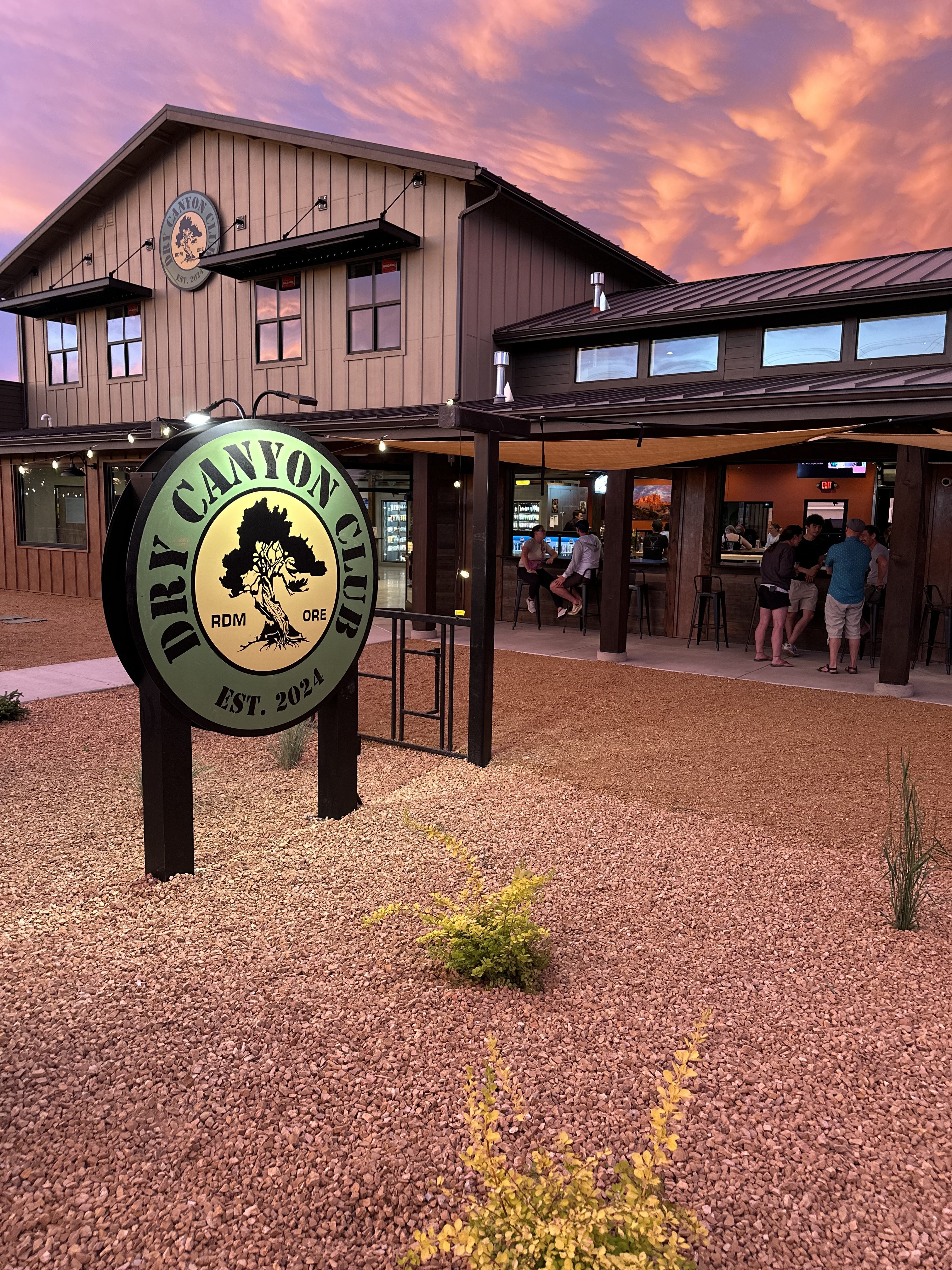Offbeat Oregon: The final showdown in Prineville
Published 4:00 am Thursday, September 26, 2024

- The Citizens’ Protective Union, 75 strong, waited in the street in front of Til Glaze’s saloon as their leader, Jim Blakely, challenged the Vigilantes to come out. They didn’t, and after that day, the Crook County Vigilantes never rode again.
Editor’s note: This is the final part of a series. To read the story in its entirety, visit redmondspokesman.com.
Trending
As the jocular nickname implies, the Vigilantes didn’t take the Moonshiners seriously at first, which gave Jim Blakely and his boys some much-needed under-the-radar time during which they hurried around from house to house talking to people they thought might be interested in joining forces with them.
They were probably surprised at how receptive folks were. Certainly the Vigilantes would be, later on.
“We worked hard, trying to brace up the backs of folks who had been terrorized for two years,” Blakely recalled many years later. “And it was not long before we had 75 or 80 good citizens in and around Prineville in the Moonshiners.”
Trending
As the election drew near, the Vigilantes started to be annoyed by the campaigning the Moonshiners were doing against their candidates. They decided it was time to break the rival gang up once and for all, and they marked out a sort of “night of the long knives”-type plan to do it, targeting the Moonshiner leaders.
Unfortunately for the Vigilantes, one of their top boys — George Barnes, the mayor’s son — had a big mouth. Or maybe he didn’t realize that most of the town was backing the Moonshiners now. He bragged about the plan to a friend in a saloon, and somebody down by the end of the bar set down his beer and casually wandered out through the swinging doors. Five minutes later Blakely knew all about it.
The Moonshiners decided the best way to settle things would be with a show of force. So they put the word out to all members: All hands on deck. On the night the Vigilantes had picked for their move, the Moonshiners would assemble a few blocks away and present themselves en masse.
And so it was that, on the night the Vigilantes were meeting at Till Glaze’s saloon for what you might call their “mission briefing,” one of them looked up through the window and saw their evening’s targets strolling toward them up the middle of the street, fully armed and with faces cold and grim, with a huge crowd behind them. A century earlier that crowd would have been packing torches and pitchforks. But, since this was Prineville in 1884, it was bristling with rifle and shotgun barrels instead.
The crowd arrayed itself around the saloon, filling the street, a sea of grim faces glaring through a forest of long-gun barrels into the windows of the saloon.
“If you think you can stop us, come on out and try!” Blakely shouted into the silence, as the Vigilantes peered nervously out at what must have looked worrisomely like a lynch mob to them.
The seconds ticked by as thumbs toyed with the hammers of Colts and Winchesters outside the saloon, and the overwhelmingly outnumbered Vigilantes tried to figure out what to do.
In the end, they did nothing. The Moonshiners, having made their point, went back to their families. They’d broken the power of the Vigilantes without firing a single shot.
The Vigilantes never rode again. And on election day, the incumbent Vigilantes were turned out, in most cases, by overwhelming majorities. One exception was Bud Thompson’s brother, S.G. Thompson, who won a narrow race for Crook County’s state-senate seat. But he and Bud fled the state before the session started, so his opponent ended up taking the seat. Jim Blakely was elected sheriff.
A rumor claims the Thompson brothers slept in the barn with guns ready until their land was sold and they were ready to leave town. They needn’t have bothered. The Moonshiners never were interested in “taking over the other gang’s rackets.” They just wanted their county back. After they got it, the Moonshiners dissolved their organization and got back to their day jobs.
But maybe Thompson was actually hiding out from process servers. Martha Mogan, Frank Mogan’s widow, was suing him for murdering her husband. Eventually the jury awarded her $3,600, which he avoided paying by slinking across the border into California, where he established himself in Alturas as a newspaper publisher and got involved with another round of lynchings and vigilante action there. When he died in 1935, he was revered as a heroic, colorful pioneer and a strong man of character.
He never paid his debt to Martha Mogan, though.
“Crooked River Country,” a book by David Braly published in 2007 by WSU Press
“When the Juniper Trees Bore Fruit,” an article by Herbert Lundy published in the March 12, 1939, issue of the Portland Morning Oregonian
“Reminiscences of a Pioneer,” a book by William Thompson published in 1912 by the Alturas Plaindealer








